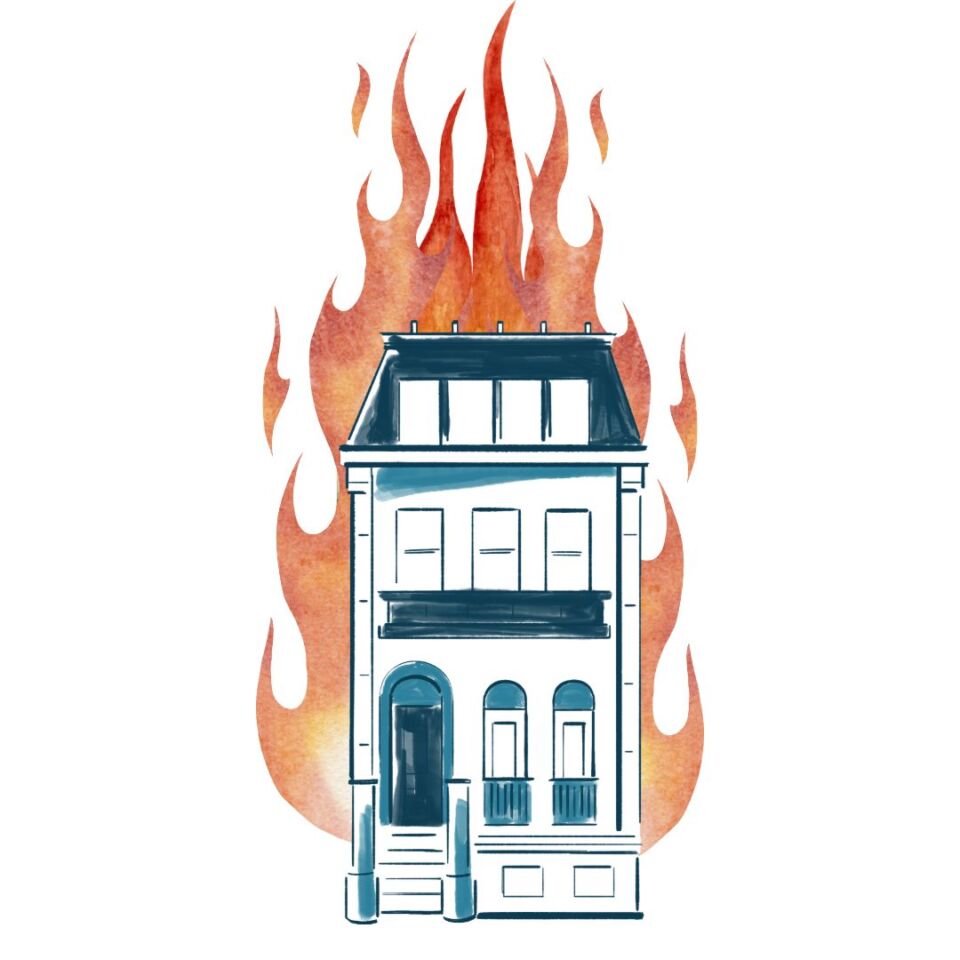
Preventing homelessness when disaster strikes
A case from earlier this year highlights the hardship our low-income neighbors face when disaster strikes.
A state representative from Central Massachusetts contacted Community Legal Aid about several families who had been displaced from their apartments by a fire and subsequent condemnation due to the building’s violations of health and safety codes. Despite the hardship caused to the tenants who lost their housing, the landlord refused to help them with suitable replacement housing.
After the legislator reached out to CLA, Senior Supervising Attorney Blair Komar and Staff Attorney Samuel Puliafito provided a Know Your Rights training to the displaced tenants.
Ultimately, seven families were provided with legal representation by CLA, its affiliate Central West Justice Center (CWJC), or private attorney Rhonda Bachrach, who is a member of CLA’s pro bono panel.
Just two days after the Know Your Rights training, Attorney Komar, along with CWJC Attorney Benjamin Levine, Attorney Bachrach, and CLA paralegals Carolyne Nuñez and Matias Tolone, went to Housing Court with the seven families to request injunctive relief.
As a result of their advocacy, the judge ordered that the landlord (1) pay for a hotel for the tenants who needed it, including paying for more than one room for larger families; (2) find hotels with cooking facilities or pay a daily meal allowance for each tenant in a hotel; (3) give the tenants who wanted their belongings access to them; (4) not dispose of tenants’ belongings; and (5) make all the repairs called for by the Board of Health and fire inspectors.
After the hearing, CLA staff helped some of the tenants find hotel accommodations which the landlord paid for.
Since then, Attorneys Komar and Levine have negotiated financial settlements on behalf of some the families, allowing the families to accept financial compensation instead of a lengthy hotel stay. The families were then able to pursue other housing options with the compensation. Without the collaboration and dogged advocacy of their attorneys, the families faced homelessness at a time when the state cannot offer immediate emergency shelter to all those who are eligible.
















































